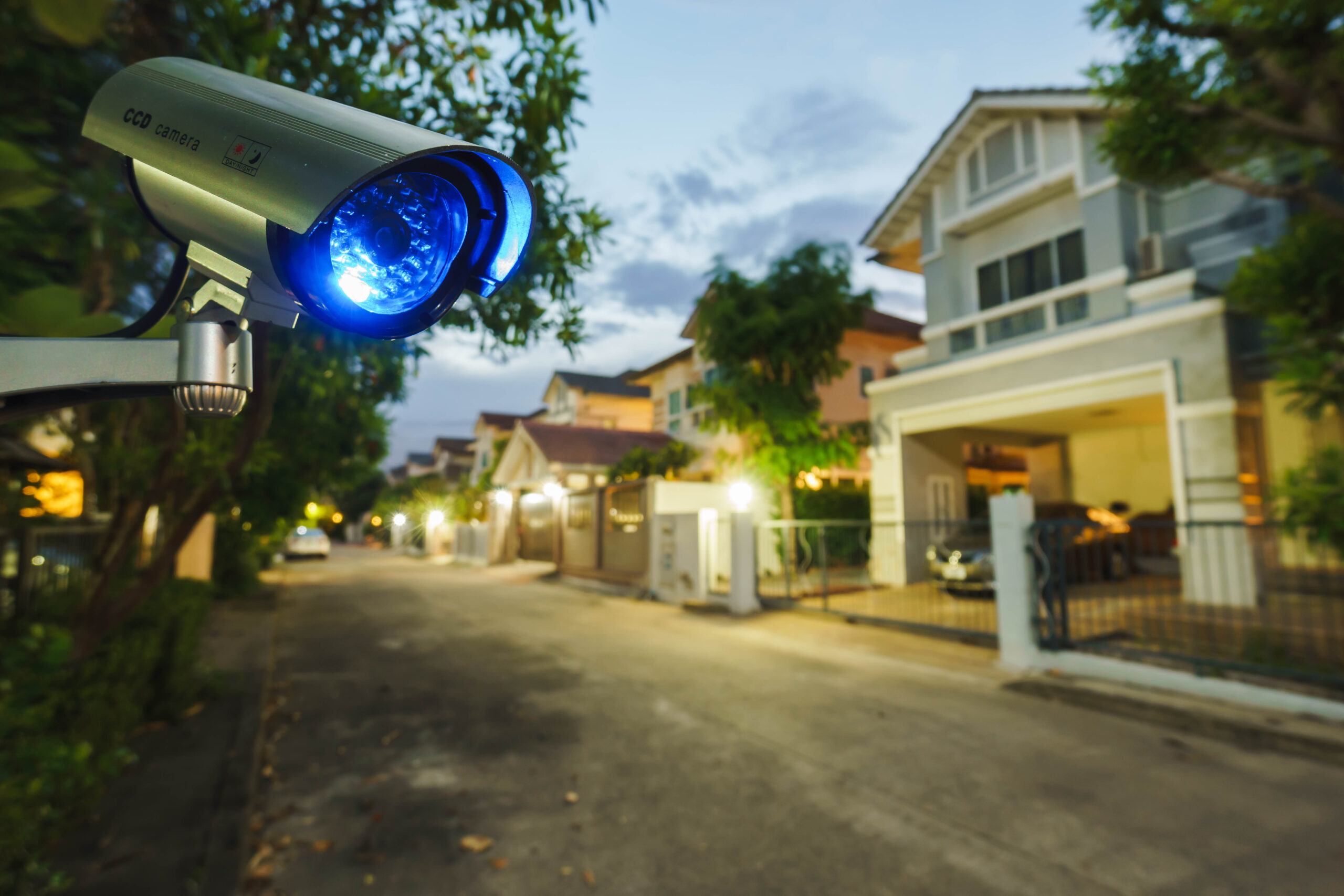By: Rachel Gore
Buying a home is no walk in the park, but depending on your circumstances, it might seem downright impossible. One common obstacle to buying a home is not qualifying for a mortgage.
To get a mortgage, you need a solid credit score and enough money to put a down deposit on the house you want to buy. For those with a poor or limited credit history or not enough money in savings, it might feel like becoming a homeowner simply isn’t in the cards. However, there is an option that might make owning possible after all: rent-to-own.
Rent-to-own is an alternative to a traditional mortgage that can make the home buying a reality. But it’s not for everyone. Here’s what you need to know about the pros and cons of rent-to-own before you buy a house.
What is Rent-to-Own, and How Does it Work?
Rent-to-own is a type of housing contract that allows you to live at and rent a home for a set period of time before purchasing it in the future. A rent-to-own contract gives renters exclusive rights to purchase the home or condo at a specified point in time. While not every rent-to-own program operates everywhere, it is an option in all 50 states.
Rent-to-own tenants pay an initial deposit fee and an “option fee” that is added to their monthly rent. Initial deposit fees for rent-to-own homes average about $5,000. The monthly option fee gives you the option to purchase the home before the end of the leasing period. Because of the option fee, rent-to-own tends to be more expensive than just renting. But if you do end up buying, these fees will likely count toward the down payment of the home itself. If you decide not to buy, the seller pockets that money.
A majority of rent-to-own agreements lock in a home’s purchase price agreed upon by the tenant and landlord in advance. This can be difficult to set if the actual purchase of the house will not happen for a few years, as it’s impossible to predict with certainty what the house’s market will look like at that point. If the house shrinks in value, you could end up paying more than it’s worth. If it grows in value, you might get a great deal.
Here are some pros and cons to consider when deciding whether to rent-to-own:
Pros and Cons of Rent-to-Own
PRO: You can raise your credit score before applying for a mortgage. Most people who buy homes need a mortgage to finance the purchase. However, these can be difficult to obtain or more expensive if you have poor or no credit. This is because borrowers with low credit scores or subprime borrowers have a higher risk of missing mortgage payments than borrowers with higher credit scores. Lenders offset this risk by charging much higher interest rates for subprime mortgages. By using the rental period of your agreement to improve your credit score, you have the potential to get a much better mortgage when the time to buy comes.
PRO: You have more time to save for a down deposit. If you have a credit score of at least 580, you can qualify for an FHA loan with a down payment of 3.5% of the home’s purchase price. While 3.5% may sound small, the median home price in 2020 among all buyers was $272,500. A 3.5% down deposit for that average is just over $9,500, which is nearly double the rent-to-own initial deposit average of $5,000.
CON: You might be required to purchase your rent-to-own home, depending on your contract. Rent-to-own agreements with purchase agreements are not the same as rent-to-own with option-to-buy agreements. Lease purchase agreements require you to buy the home at the end of the rental period, which could create issues if you’ve changed your mind about buying the home or you don’t qualify for a mortgage at the time of purchase.
CON: You will lose a lot of money if you decide not to buy. Rent-to-own monthly payments are higher than typical rent payments because they include the option fees that could be used toward your future down deposit. If you decide against buying, you forfeit that money and your rent-to-own deposit.








Leave A Comment